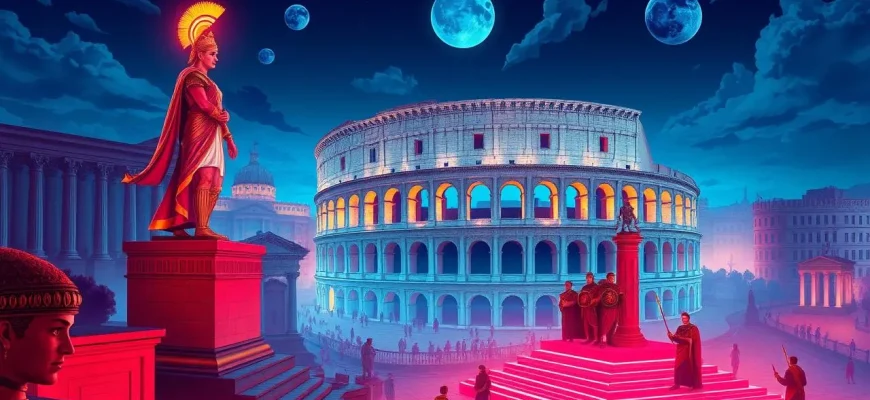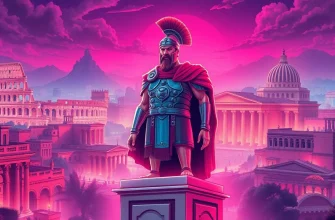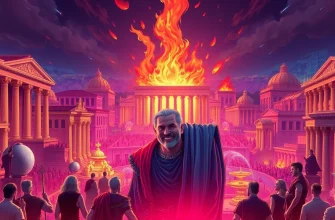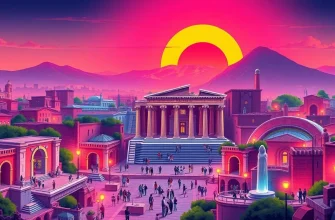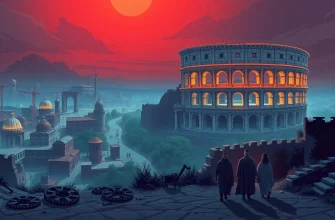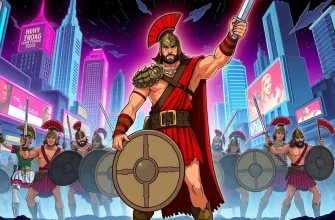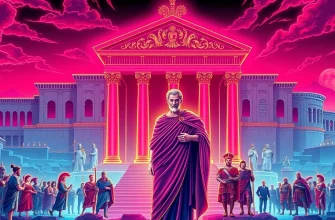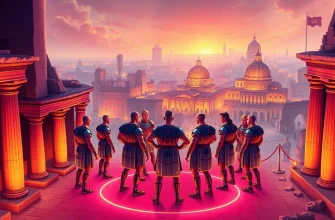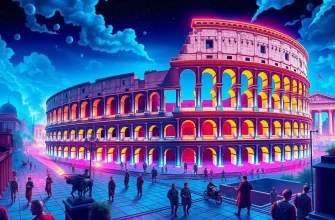The Roman Empire, with its rich history of conquests, political intrigue, and cultural advancements, has always been a fertile ground for cinematic storytelling. This curated list of 10 films delves into various aspects of Roman life, from the rise of emperors to the fall of the empire. Each film offers a unique perspective, bringing to life the grandeur, the battles, and the personal dramas that shaped one of history's most influential civilizations. Whether you're a history buff or just love a good epic, these films provide a window into the past, showcasing the spectacle and the humanity of ancient Rome.
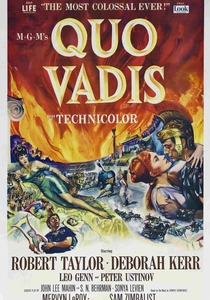
Quo Vadis (1951)
Description: Set during the reign of Nero, this film depicts the early days of Christianity in Rome, focusing on the love story between a Roman officer and a Christian slave girl amidst the persecution of Christians.
Fact: The film was one of the first to use Technicolor, and its sets were so large that they required a special permit from the Italian government to build.
 Watch Now
Watch Now
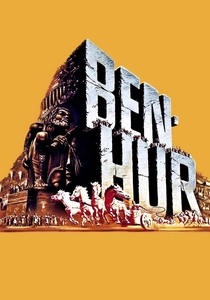
Ben-Hur (1959)
Description: This classic film tells the story of Judah Ben-Hur, a Jewish prince who becomes a galley slave and then a charioteer, set against the backdrop of the Roman Empire's occupation of Judea. Its chariot race is one of the most iconic scenes in cinema history.
Fact: The chariot race took three months to film, and the track was built to be 1,500 feet long. The film won 11 Academy Awards, tying the record with "Titanic" and "The Lord of the Rings: The Return of the King."
 Watch Now
Watch Now
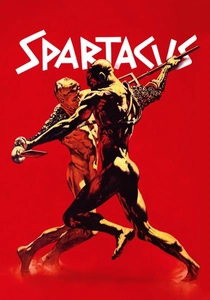
Spartacus (1960)
Description: Based on the true story of Spartacus, a Thracian gladiator who led a massive slave revolt against the Roman Republic. The film captures the spirit of rebellion and the harsh realities of slavery in ancient Rome.
Fact: The famous "I am Spartacus!" scene was improvised by Kirk Douglas, leading to one of the most memorable moments in film history. The film was also notable for its screenwriter, Dalton Trumbo, who was blacklisted during the McCarthy era.
 Watch Now
Watch Now
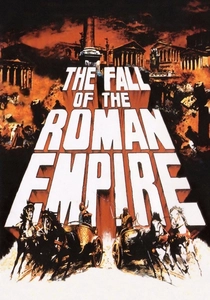
The Fall of the Roman Empire (1964)
Description: This epic drama explores the decline of Rome through the eyes of Livius, a loyal general, and his relationship with the Emperor Marcus Aurelius and his son Commodus. It's a sweeping narrative of political intrigue and the fall of an empire.
Fact: The film was one of the most expensive ever made at the time, with a budget of $20 million. Its sets were so grand that they were reused in other films like "Cleopatra."
 Watch Now
Watch Now
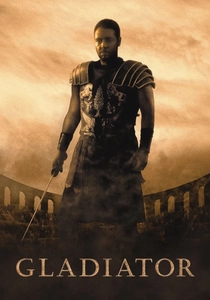
Gladiator (2000)
Description: This epic tale follows Maximus Decimus Meridius, a betrayed Roman general turned gladiator, seeking vengeance against the corrupt emperor Commodus. It's a must-watch for its portrayal of the gladiatorial games and the political machinations of Rome.
Fact: Russell Crowe's character, Maximus, was inspired by real-life gladiators like Spartacus. The film's Colosseum scenes were shot in a replica built in Malta.
 Watch Now
Watch Now
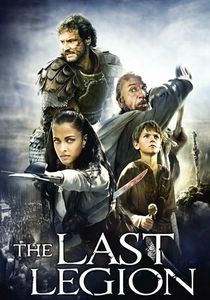
The Last Legion (2007)
Description: This action-adventure film tells the story of the last Roman emperor, Romulus Augustus, and his journey with a group of loyal soldiers to find the legendary sword of Julius Caesar, blending history with myth.
Fact: The film features Colin Firth as a Roman general, and it's loosely based on the historical figure of Romulus Augustus, the last Western Roman Emperor.
 Watch Now
Watch Now
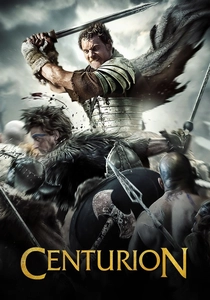
Centurion (2010)
Description: A gritty tale of survival, this film follows a group of Roman soldiers led by a centurion, Quintus Dias, as they try to escape from Pictish warriors after their legion is ambushed in northern Britain.
Fact: The film was shot in the Scottish Highlands, providing an authentic backdrop for its story of Roman soldiers in unfamiliar territory.
 Watch Now
Watch Now
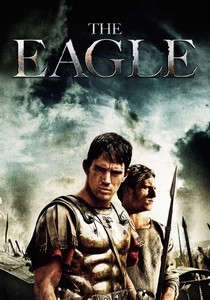
The Eagle (2011)
Description: This film follows a young Roman officer, Marcus Aquila, on a quest to recover the lost eagle standard of his father's legion, exploring themes of honor, duty, and the clash of cultures between Romans and Britons.
Fact: The film is based on the novel "The Eagle of the Ninth" by Rosemary Sutcliff, which itself draws from the historical disappearance of the Ninth Legion.
 Watch Now
Watch Now
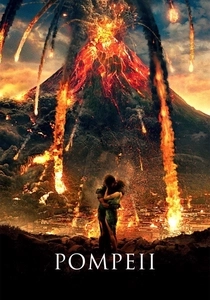
Pompeii (2014)
Description: While not directly about the Roman Empire, this film captures the catastrophic eruption of Mount Vesuvius, showing the lives of Romans and slaves in the doomed city of Pompeii.
Fact: The film was shot in Toronto, with sets built to replicate ancient Pompeii, including a massive replica of the Vesuvius volcano.
 Watch Now
Watch Now
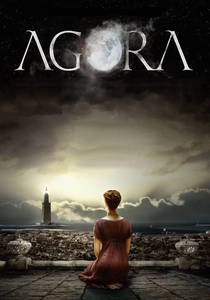
Agora (2009)
Description: Set in 4th-century Alexandria, this film focuses on Hypatia, a philosopher and astronomer, and the religious and political turmoil that led to the decline of the Roman Empire's influence in Egypt.
Fact: Rachel Weisz plays Hypatia, and the film was praised for its historical accuracy in depicting the scientific and philosophical debates of the time.
 30 Days Free
30 Days Free

